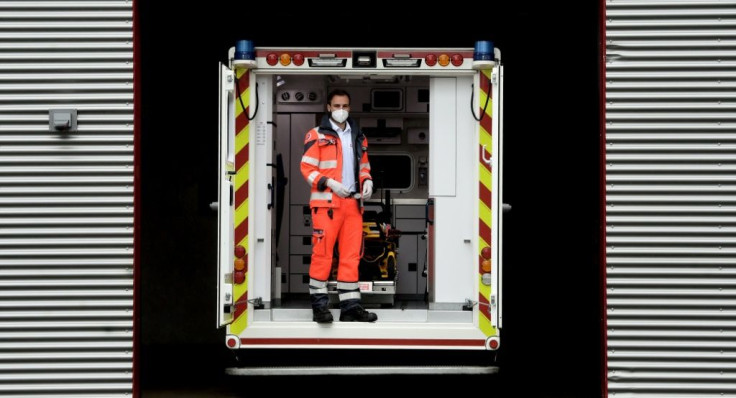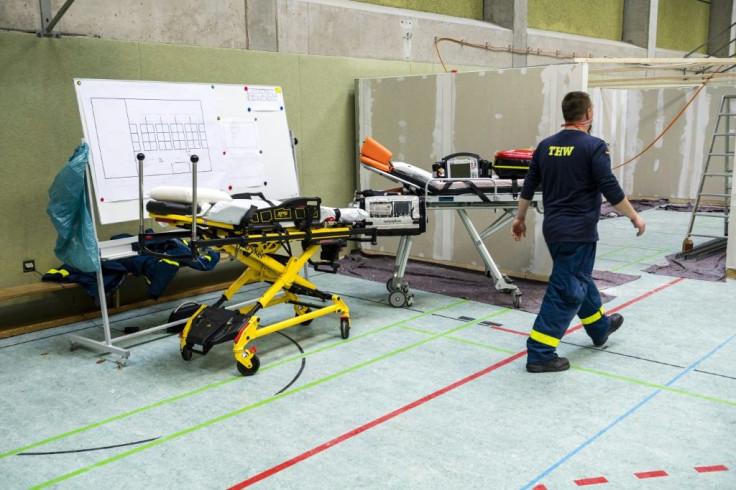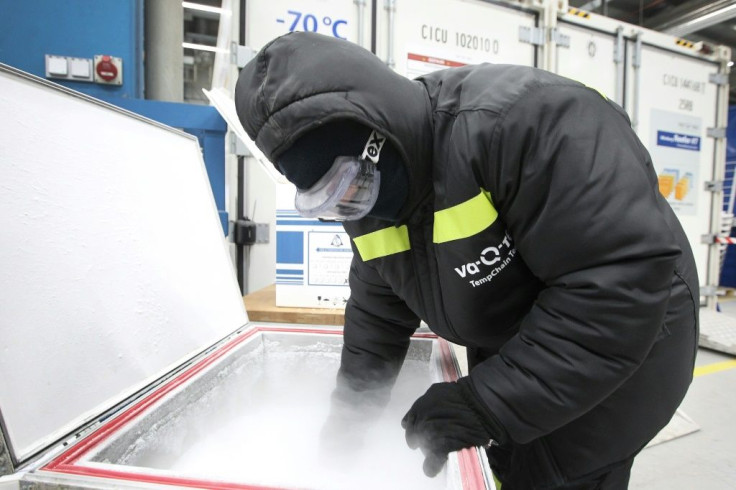How Ghosts Of Germany's Past Are Shaping Its Vaccine Strategy
As Germany gears up to inoculate its population against the coronavirus, ethics experts have been given a prominent say over who goes first in a country still scarred by memories of the Nazi or communist dictatorships deciding who gets to live or die.
Companies including the German firm BioNTech have filed for the general usage of their Covid-19 vaccines, but authorities have repeatedly warned there won't be enough doses this winter to go around in the country of 80 million inhabitants.

But leaving the decision of who would be first in the vaccination queue to bureaucrats or scientists alone is a sensitive one in Germany.
Chancellor Angela Merkel's government has therefore roped in the German Ethics Council, an independent body that provides expert ethical advice on scientific and moral issues, to decide how immunisation will be rolled out, likely from early next year.

"There is a great aversion in Germany, linked of course to experiences with the totalitarian regimes up to 1989, to the regulation or allocation of goods by state authorities," said Wolfram Henn, a genetics specialist at Saarland University and a member of the Ethics Council.
"That is why the government, and in particular Chancellor Merkel and Health Minister Jens Spahn, were keen to be able to present neutral scientific arguments in favour of (vaccine) allocation," Henn told AFP.

Some protesters against coronavirus restrictions have already compared themselves to victims of the Nazis while the leader of the far-right AfD party Alexander Gauland had labelled Merkel's government a "corona-dictatorship" -- claims that drew widespread condemnation.

The 26 members of the Ethics Council, who are experts in the fields of science, law, theology and economics, have been working alongside scientists to come up with a strategy.
They presented their recommendations in a joint paper with scientists from the Leopoldina institute and the vaccine committee at the Robert Koch Institute (RKI) disease control centre in November.

The report recommends prioritising older people and those with pre-existing medical conditions -- especially those in care homes -- followed by medical staff and other frontline workers such as police and teachers.
The experts considered both "ethical and epidemiological criteria", according to Henn.
Care home residents were chosen partly because "they are the individuals who have suffered most in recent months", he said.
"It is a moral duty to take special care of them, and at the same time the health system... is best protected by shielding those people from infection who are most likely to need intensive care," Henn said.
Germany was praised for its handling of the first wave of the pandemic but has been hit hard by the second, with case numbers and deaths consistently high in recent weeks.
Total case numbers breached the one-million mark in late November, while the number of Covid-19 patients in intensive care has soared from around 360 in early October to more than 4,000.
Alarm has also grown in recent days over rising infections in care homes.
With Merkel describing vaccines as the "light at the end of the tunnel", a lot of hope rests on the jabs.
"Nobody in science wants to play God. We must solve a problem, and to do so we work through certain criteria as best we can," Henn said.
"You can feel the burden of responsibility, that is quite clear. This is an enormous scientific responsibility, not only for ethics experts but also for the scientific community."
© Copyright AFP 2024. All rights reserved.




















